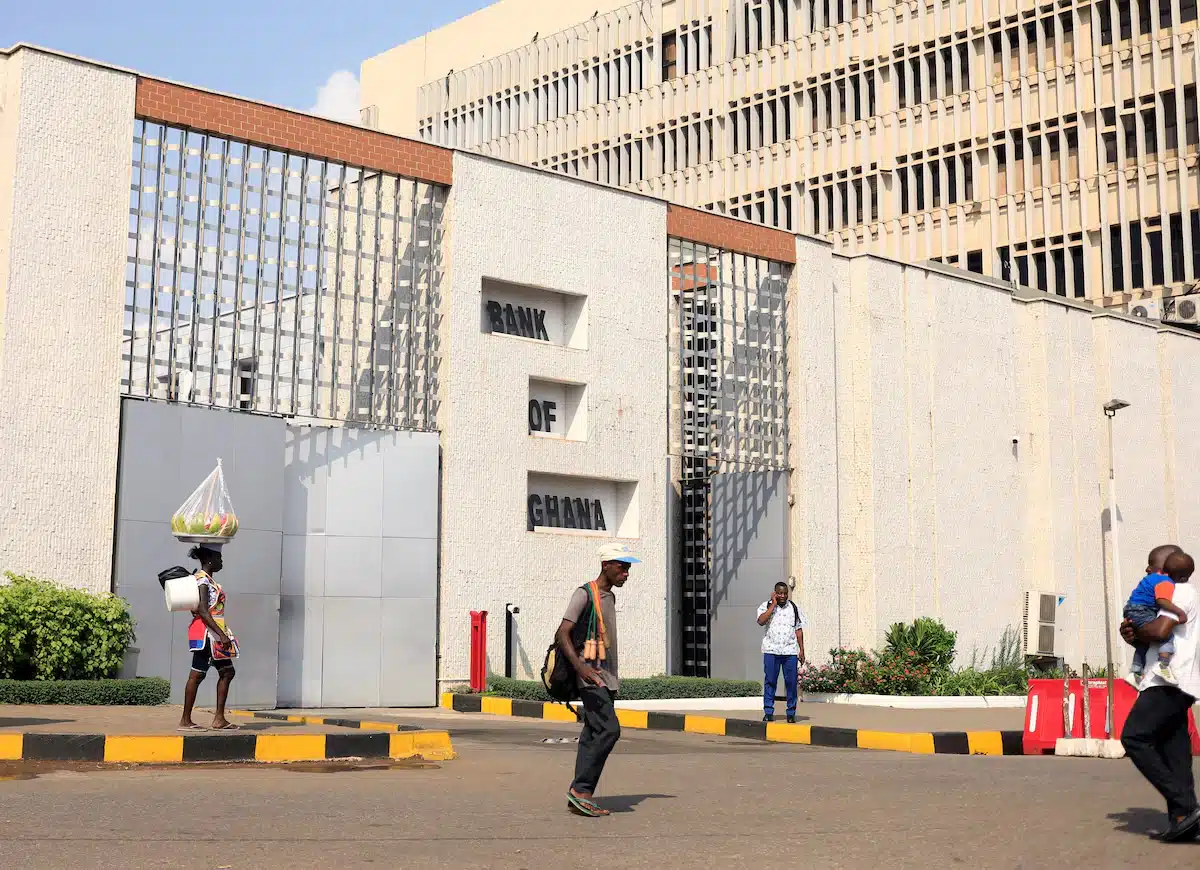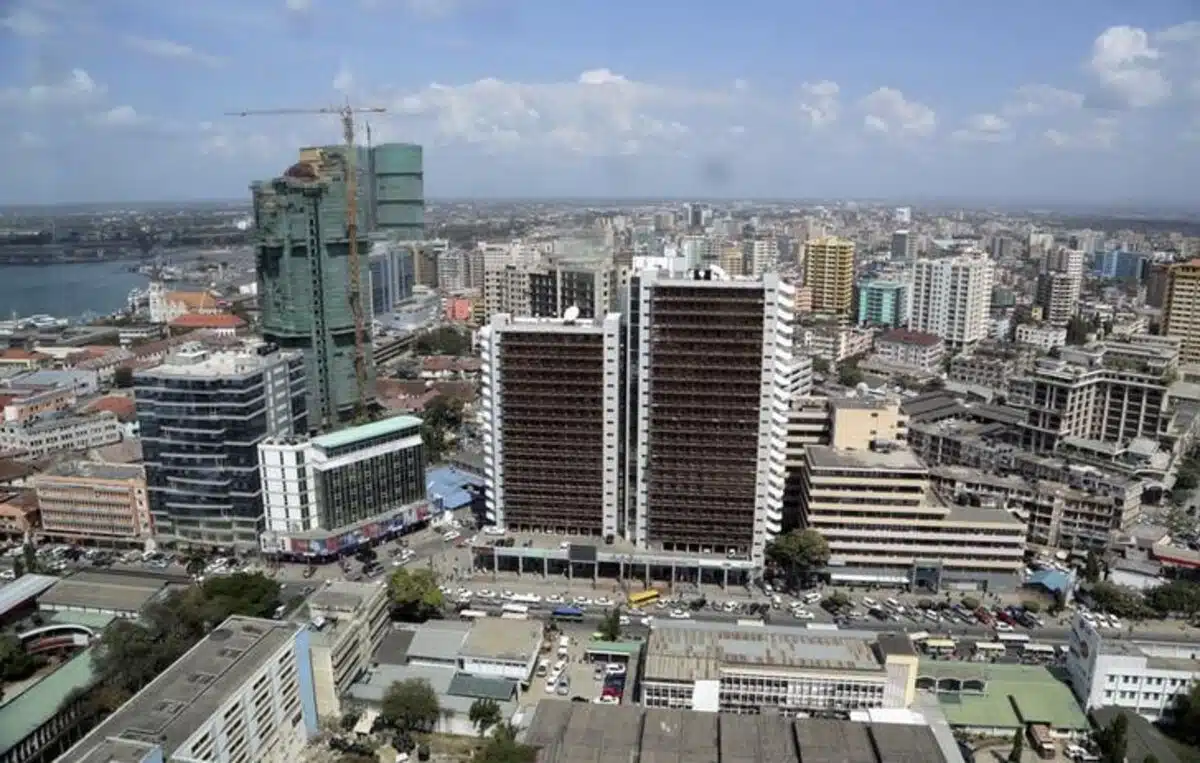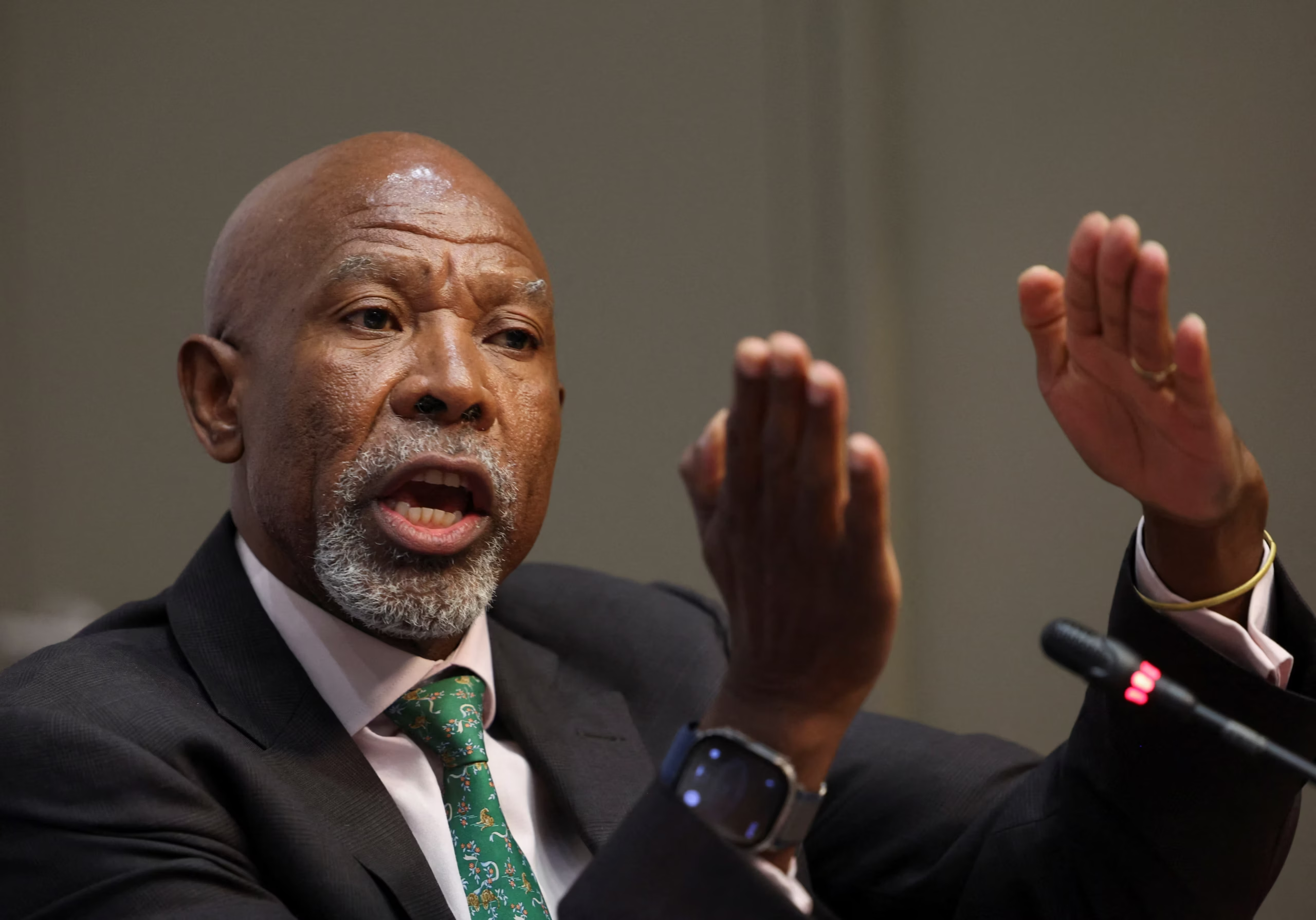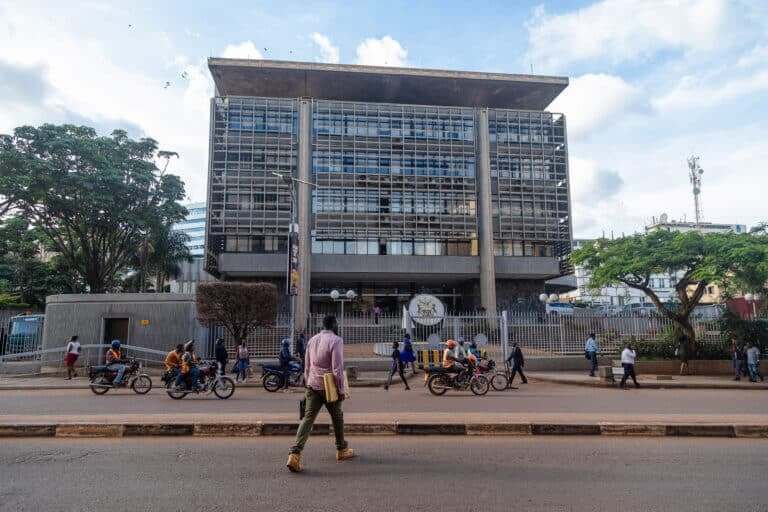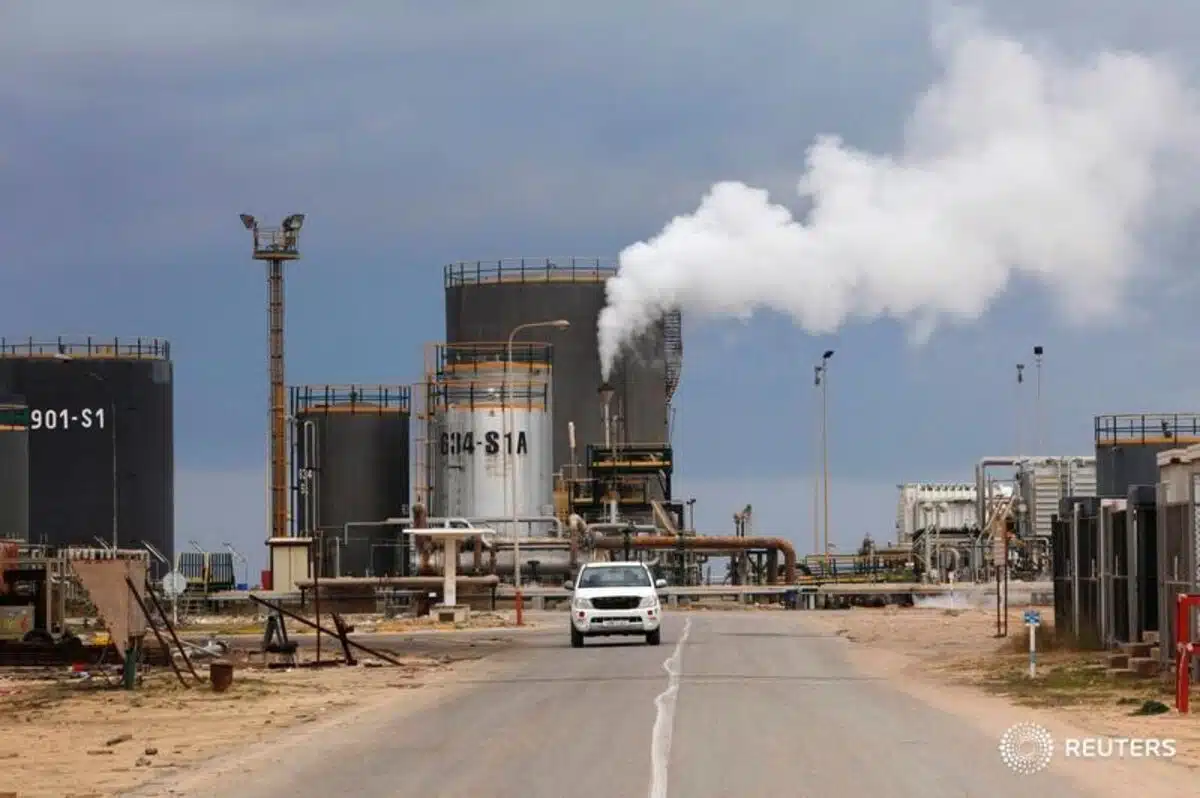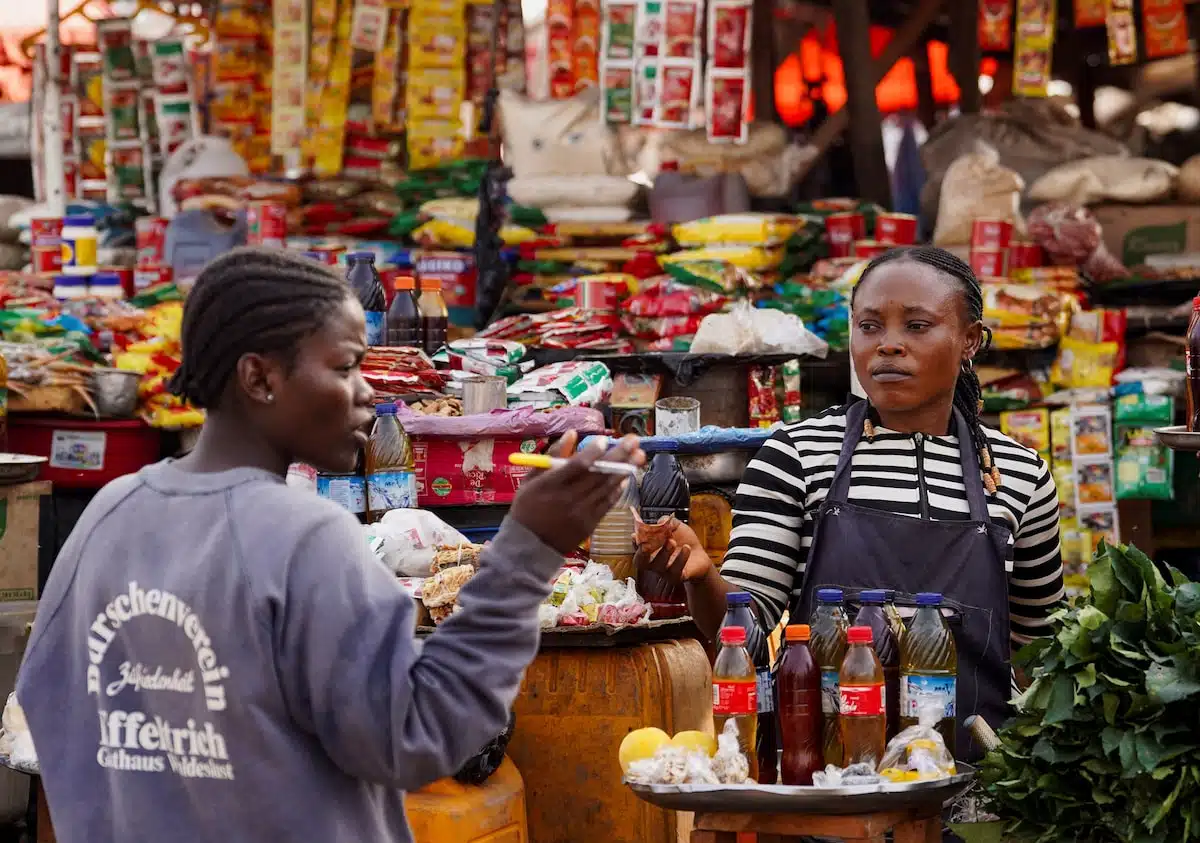The Bank of Ghana (BoG) has continued its heavy intervention in the foreign exchange market, injecting $1.4 billion in the first quarter of 2025 as part of efforts to stabilise the country’s currency (cedi), according to a recent report by the International Monetary Fund (IMF).
The scale of the intervention, which exceeds the entire 2023 total of $1 billion, reflects a more aggressive approach to exchange rate management.
In 2024, the BoG sold a total of $3 billion in the market—$2 billion of which came in the final quarter ahead of general elections.
So far, the interventions, backed by strong external inflows, appear to be working.
The cedi, which opened the year at 14.7 per dollar, is now trading at 10.37, making it the world’s best-performing currency in 2025.
“The BoG’s footprint in the FX market continued to increase, with inflows reaching $11 billion (up 42% from 2023) and FX sales (FXI) tripling to $3 billion in 2024 (including $2 billion in Q4). Large-scale FXI continued in 2025, reaching $1.4 billion in Q1,” the report said.
It also noted: “The strong external sector along with repeated FXI contributed to a 60 percent nominal exchange rate appreciation against the US dollar between November 2024 and May 2025.”
Ghana’s external position has been bolstered by higher gold prices, stronger cocoa earnings, robust remittance inflows, and domestic gold purchases under the central bank’s gold-for-oil programme.
These buffers have allowed the BoG to intervene without drawing down the country’s international reserves.
As of June 2025, Ghana’s gross international reserves had risen to $11 billion, up from $10.6 billion in May—equivalent to 4.8 months of import cover.
Compared to January, reserves have risen by $1.6 billion, far exceeding the IMF’s build-up target of $493 million for the first half of the year.
The BoG has also attributed its high intervention volumes partly to persistent dollar-denominated obligations in the energy sector.
These include monthly payments to independent power producers, fuel importers such as the West African Gas Pipeline Company, and suppliers of refined petroleum. Fuel imports alone average $400 million monthly, or around $1.2 billion per quarter.
Currency risk remains despite strong gains
Despite the encouraging signs, analysts are warning that the scale of intervention could pose risks if inflows weaken.
At the current pace, forex sales could reach $5.6 billion by year-end—nearly double the 2024 figure.
Much of the recent strength in the cedi is tied to commodity windfalls—particularly gold. A fall in gold or cocoa prices could expose the currency to renewed pressure.
While the IMF acknowledged the central bank’s success in stabilising the cedi, it urged a shift towards a more rules-based approach. “The authorities have made significant strides toward rebuilding international reserves and taken steps to bring inflation down.”
The Washington-based lender recommended that the BoG scale back its involvement in the FX market and allow greater exchange rate flexibility.
It also called for the adoption of a formal internal FX intervention framework to enhance transparency and predictability.
As Ghana navigates 2025 with strong inflows and improving fundamentals, the sustainability of its currency support strategy will be closely watched by investors and policymakers alike.

